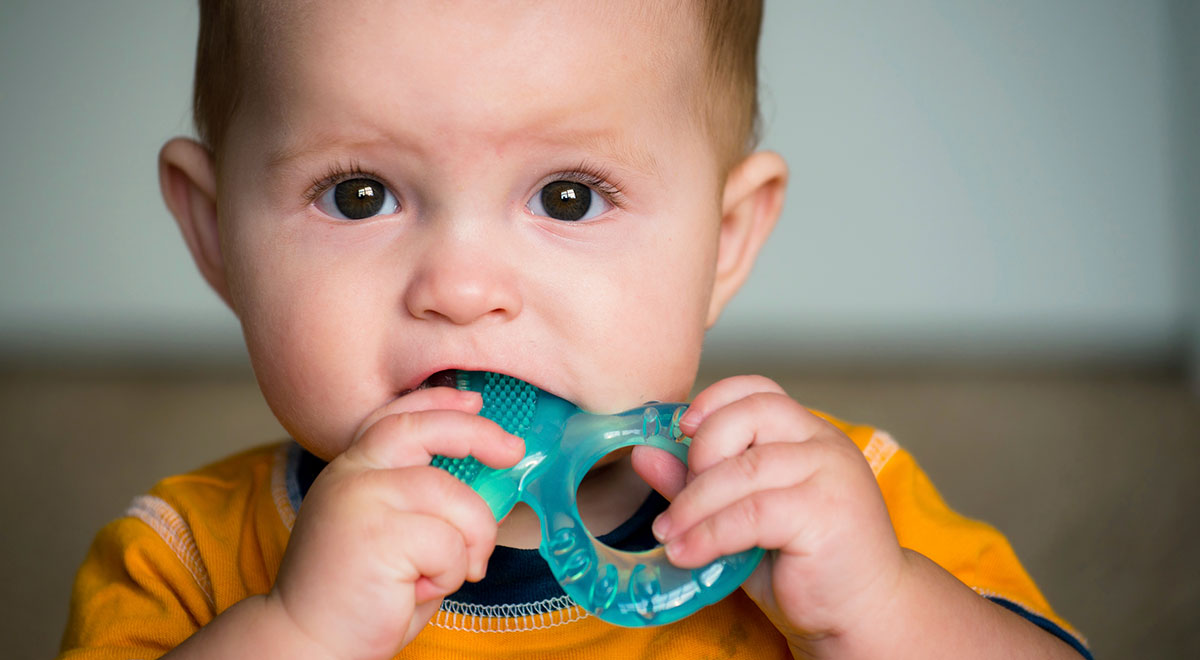It’s been stated before, but it bears repeating: simply because something is labeled “all-natural,” “organic” and/or “homeopathic” does not mean it is necessarily safe. This week, the Food and Drug Administration has highlighted this fact by warning parents not to use homeopathic teething “remedies” and to dispose of such products if they have them. The reason: they contain high levels of belladonna, more commonly known as deadly nightshade.
Products such as Hyland’s Homeopathic Teething Gel and tablets have been used by well-meaning parents to ease their infants’ teething pain. What they haven’t realized is that the active ingredient is highly toxic – and that the product contains far more of it than is indicated on the label.
In adults, belladonna can have a hallucinogenic effect, but can also cause elevated heartbeat, blurred vision, delirium and even convulsions. In young children, however, even the smallest amount (equivalent to two berries) can be fatal.
Last year, the FDA found that use of Hyland’s Teething Tablets were involved in the deaths of ten young children and severe reactions in 400 others. In response, Hyland’s no longer distributes the product, but has stopped short of issuing a recall. The company says it “remains confident in the safety of our products and has not been presented any data or information that contradicts the data we have.”
Retail outlets such as CVS and Walgreens have removed the product from their shelves – but since there has been no recall, parents who purchased the product prior to last October may still have it, not being fully aware of the dangers.
Dr. Janet Woodcock, head of the FDA Center for Drug Evaluation and Research, warns that “The body’s response to belladonna in children under two years of age is unpredictable and puts them at unnecessary risk.” She urges parents to dispose of the product and seek guidance from a licensed pediatrician on how to deal with a child’s teething pain (some advice on this topic is available online from the Mayo Clinic).
Belladonna has a long and checkered history. The name comes from the Italian language, literally meaning “beautiful lady.” Women of the Italian Renaissance would place drops of belladonna tincture in their eyes in order to dilate the pupils, making them more alluring. One famous woman of that time, Lucrezia Borgia, often employed belladonna to eliminate rivals and enemies of her family. Other cultures have used it for numerous purposes, ranging from poison darts to aphrodisiacs.
The bottom line: belladonna is dangerous, especially to young children. Hyland had no business using it in a product intended to treat infants and toddlers. If you have any of this product in your home, you are strongly advised to dispose of it properly at the earliest opportunity.

